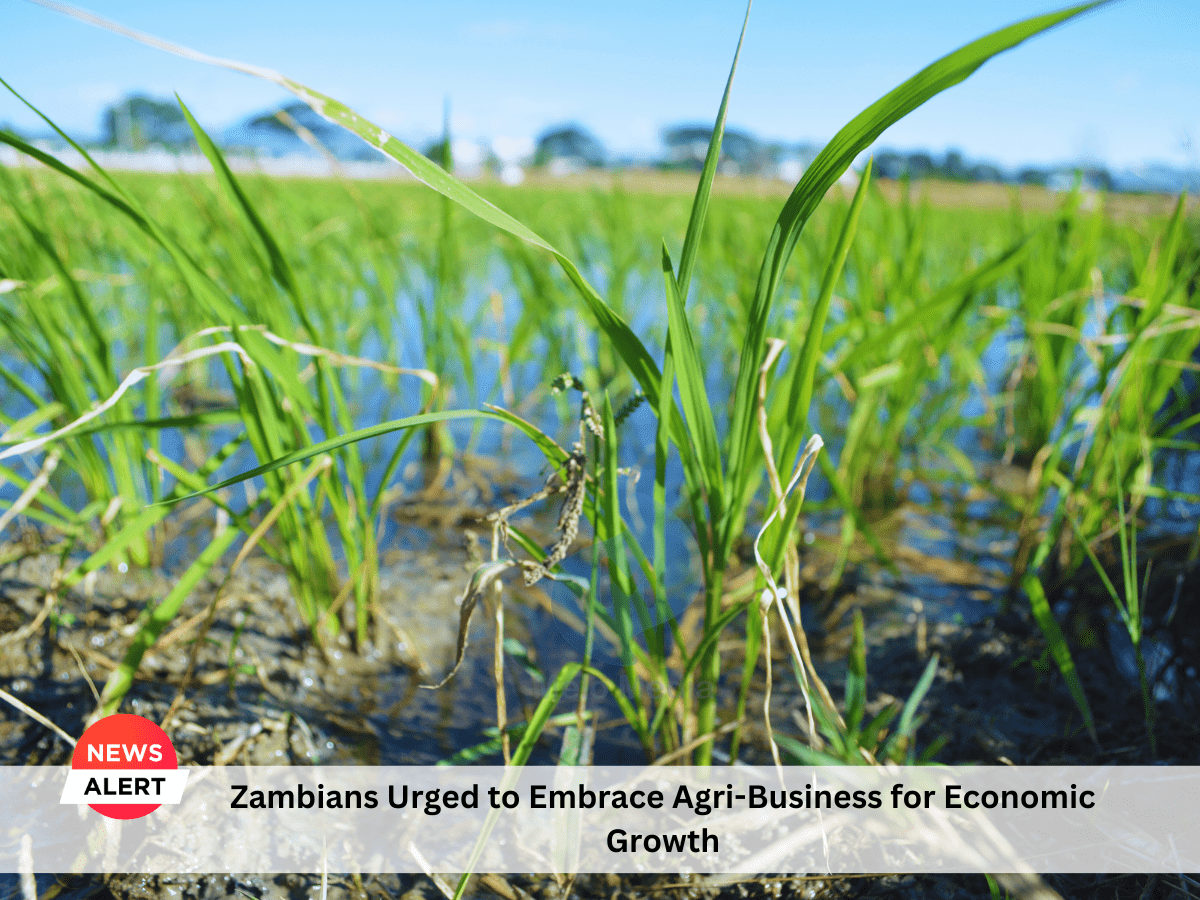Melo Media, Thursday, 16th November, 2023
Zambia, a landlocked country in southern Africa, has immense potential for economic growth through agri-business. With a favorable climate and fertile soil, agriculture has long been the backbone of the Zambian economy. Embracing agri-business can not only boost the country’s GDP but also create employment opportunities and reduce poverty.
Zambia has traditionally relied heavily on copper mining as its main source of revenue. However, the volatility of global copper prices has highlighted the need for diversification. Agri-business presents a viable alternative, as it has the potential to generate consistent income and reduce the country’s dependence on a single commodity.
By embracing agri-business, Zambia can enhance its food security. With a growing population, it is crucial to ensure a steady supply of nutritious food for all citizens. Agri-business can contribute to increased agricultural productivity, improved farming techniques, and the adoption of modern technologies, ultimately leading to food self-sufficiency.
Zambia has a favorable geographical location, making it an ideal hub for agricultural exports. By investing in agri-business, the country can tap into international markets and export high-quality agricultural products. This not only brings in foreign exchange but also promotes Zambia’s image as a reliable supplier of agricultural commodities.
Agri-business has the potential to create a significant number of jobs, especially in rural areas where unemployment rates are high. By encouraging entrepreneurship and providing training and support to farmers, Zambia can empower its citizens to start their own agricultural ventures, thereby reducing poverty and improving livelihoods.
One of the key aspects of agri-business is value addition and processing. Instead of exporting raw agricultural products, Zambia can invest in processing facilities to transform these products into higher-value goods. This not only increases the profitability of the agricultural sector but also creates opportunities for small-scale farmers to participate in the value chain.
The Zambian government has recognized the importance of agri-business and has implemented various policies and incentives to encourage its growth. These include tax breaks, access to finance, and infrastructure development in rural areas. By taking advantage of these government initiatives, aspiring agri-entrepreneurs can kickstart their businesses and contribute to the country’s economic growth.
In conclusion, embracing agri-business is crucial for Zambia’s economic growth. By diversifying the economy, ensuring food security, creating employment opportunities, and tapping into export markets, the country can unlock its agricultural potential and pave the way for a prosperous future.

















